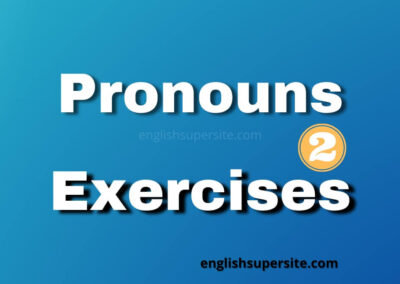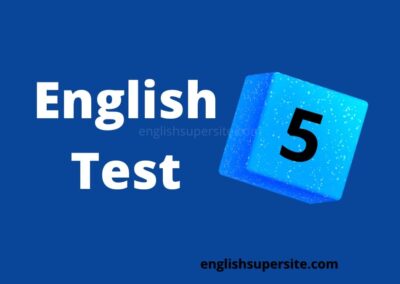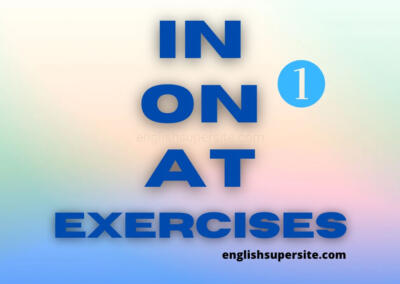
Verbs
Verbs: Express Actions, States, and Occurrences
Verbs are words that describe actions (e.g., “run,” “eat,” “write”), states of being (e.g., “is,” “seem,” “exist”), and occurrences (e.g., “happen,” “occur”). They are essential for constructing meaningful sentences in English, as every complete sentence must contain a verb. Verbs also indicate tense, showing whether the action or state occurs in the past, present, or future. Different verb forms include regular, irregular, and auxiliary verbs, which support the main verb in a sentence.
Mastering verb use allows you to convey precise actions, states, and timing in both speech and writing.
No results found.
Related Posts

Pronouns - Exercises 2 - Quiz. Complete the sentences below with the correct pronoun. Score in Real-Time!

Check your English proficiency with this quick English Test 5. Check your progress in REAL TIME. English Quiz 5.

EXERCISES 1 - IN - ON - AT - Practice using the prepositions IN, ON and AT. Complete the sentences below with the ...


